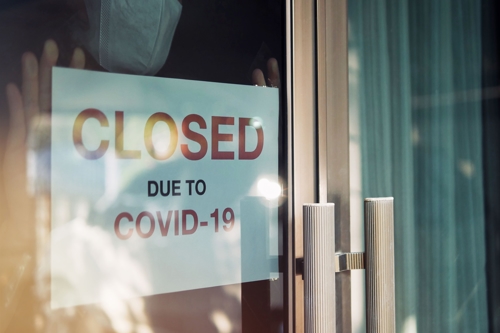
In a summary holdover proceeding commenced during the COVID-19 pandemic, the landlord sought to evict the tenant, WH, alleging that the latter failed to execute a rent-stabilized renewal lease. However, due to pandemic-related court procedures, the case faced significant delays.
Initially, the landlord filed the petition in October 2020, but the court system was unable to schedule a return date at that time. The tenant later filed a hardship declaration and applied for Emergency Rental Assistance Program (ERAP) relief, further delaying the proceedings. When the ERAP stay expired, the landlord moved to restore the case, while the tenant cross-moved to dismiss the petition, arguing that the landlord had failed to comply with RPAPL 733(1), which requires service of the petition within a specific timeframe before the return date.
The court acknowledged that the landlord's initial service did not comply with RPAPL 733(1), as the petition had been served years before a return date was set. However, given the procedural challenges imposed by the pandemic, the court found a reasonable solution: it ordered the landlord to amend the notice of petition to include a new return date and re-serve the petition accordingly. This approach ensured that the tenant was properly notified and had an opportunity to present objections.
Ultimately, the Appellate Term, Second Department affirmed the lower court’s decision, recognizing the necessity of adapting procedural requirements to the unique circumstances created by the pandemic.
That had to have made the tenant sick ....
# # #
DECISION
